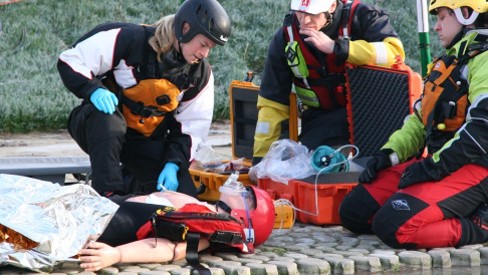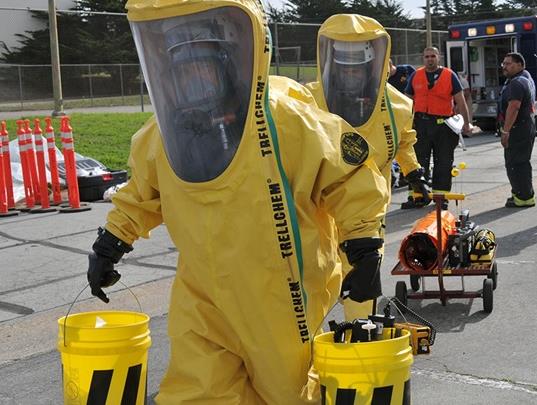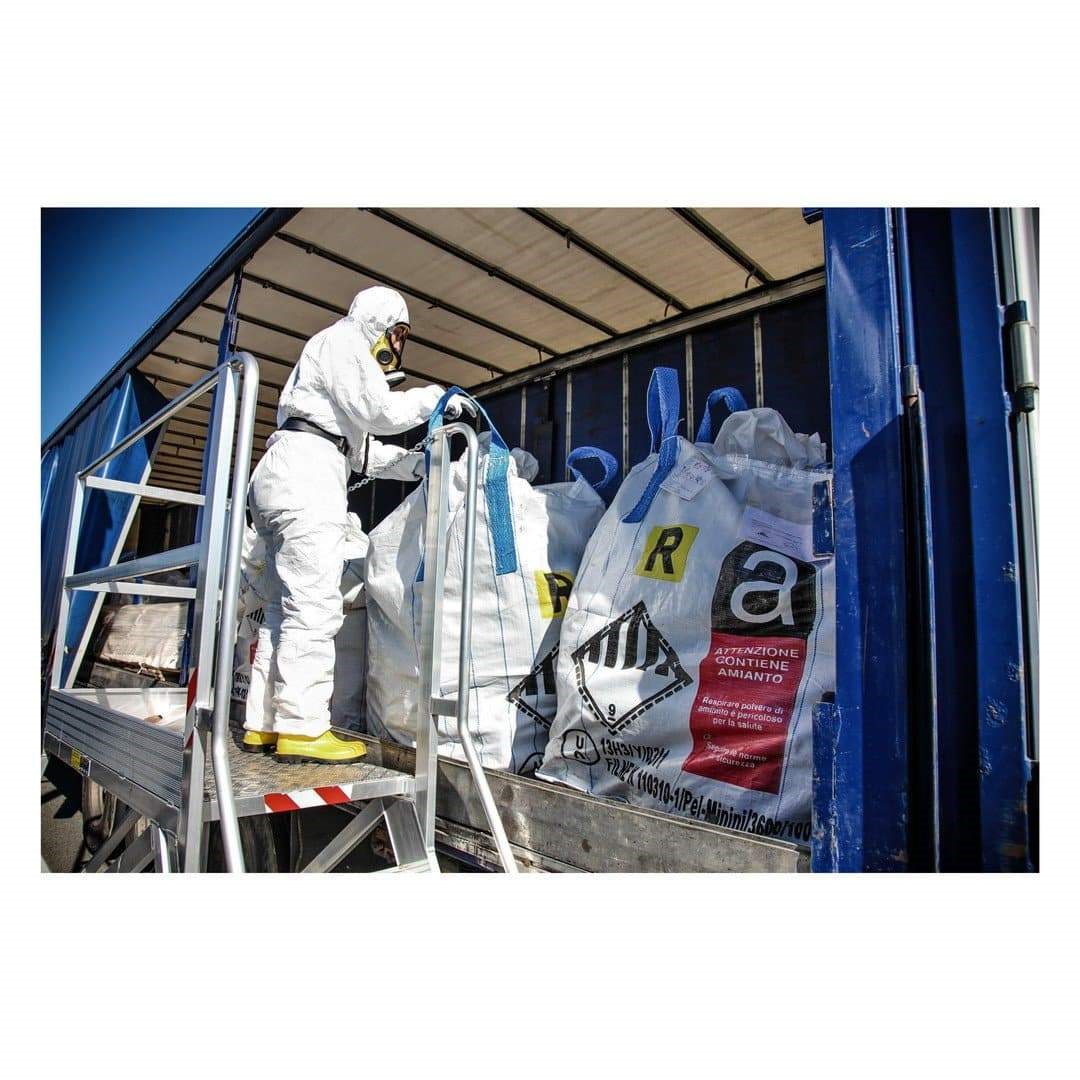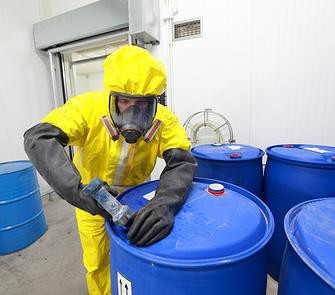COURSE OVERVIEW
HE0573 : Life Cycle Assessment for Energy Auditors

OVERVIEW
| COURSE TITLE | : | HE0573 : Life Cycle Assessment for Energy Auditors |
| COURSE DATE | : | May 18 - May 22 2025 |
| DURATION | : | 5 Days |
| INSTRUCTOR | : | Mr. John Burnip |
| VENUE | : | Al Khobar, KSA |
| COURSE FEE | : | $ 5500 |
Course Description
This course is designed to provide participants with a detailed and up-to-date overview of Life Cycle Assessment for Energy Auditors. It covers the life cycle assessment (LCA) and its applications in various industries; the ISO 14040 and 14044 standards, four phases of LCA and critical review process; the purpose of the LCA, system boundaries and functional unit and reference flows; the life cycle inventory (LCI) analysis covering data collection methods, data quality requirements, allocation procedures and handling of uncertainties in LCI; and the characterization, normalization, and weighting, selection of impact assessment methods and interpretation of LCIA results.
Further, the course will also discuss the principles of allocation and sources of uncertainty in LCA; the methods for uncertainty analysis and sensitivity analysis techniques; the difference between consequential and attributional LCA; the social life cycle assessment (S-LCA) and life cycle costing (LCC); the process-based and input-output LCA; the advantages and limitations of hybrid LCA; and the LCA of renewable energy systems, LCA of fossil fuel-based energy systems and the LCA of energy storage systems.
During this interactive course, participants will learn the energy efficiency measures, transportation fuels, carbon capture and storage (CCS), energy policy and corporate decision-making; assessing environmental impacts across the supply chain and supplier engagement and LCA for sustainable procurement; the LCA of waste treatment technologies, waste-to-energy systems and circular economy; the LCA of building materials, energy-efficient building designs and LCA of construction processes; the agricultural practices, food production and processing and food packaging; the best practices for LCA reporting and visualizing LCA results; the environmental product declarations (EPDs) and principles of carbon foot printing; and the integration of LCA with other sustainability tools.
TRAINING METHODOLOGY
This interactive training course includes the following training methodologies:
LecturesPractical Workshops & Work Presentations
Hands-on Practical Exercises & Case Studies
Simulators (Hardware & Software) & Videos
In an unlikely event, the course instructor may modify the above training methodology for technical reasons.
VIRTUAL TRAINING (IF APPLICABLE)
If this course is delivered online as a Virtual Training, the following limitations will be applicable:
| Certificates | : | Only soft copy certificates will be issued |
| Training Materials | : | Only soft copy materials will be issued |
| Training Methodology | : | 80% theory, 20% practical |
| Training Program | : | 4 hours per day, from 09:30 to 13:30 |
RELATED COURSES

HE0970 : الإسعافات الأولية
- Date: Mar 29 - Apr 02 / 3 Days
- Location: Kuwait
- Course Details Register

HE0581-3D : Certified Radiation Protection Officer (RPO) In-line with the Requirements of the Federal Authority for Nuclear Regulation (FANR)
- Date: Mar 02 - Mar 04 / 3 Days
- Location: Dubai, UAE
- Course Details Register

HE1939 : Industrial Hygiene Certification Program: BOHS-M504: Asbestos and Other Fibres (Accredited by the British Occupational Hygiene Society-BOHS)
- Date: Mar 29 - Apr 02 / 3 Days
- Location: Dubai, UAE
- Course Details Register

HE0904 : Basic Principles of Industrial Hygiene (Certified)
- Date: Mar 29 - Apr 02 / 3 Days
- Location: Al Khobar, KSA
- Course Details Register
